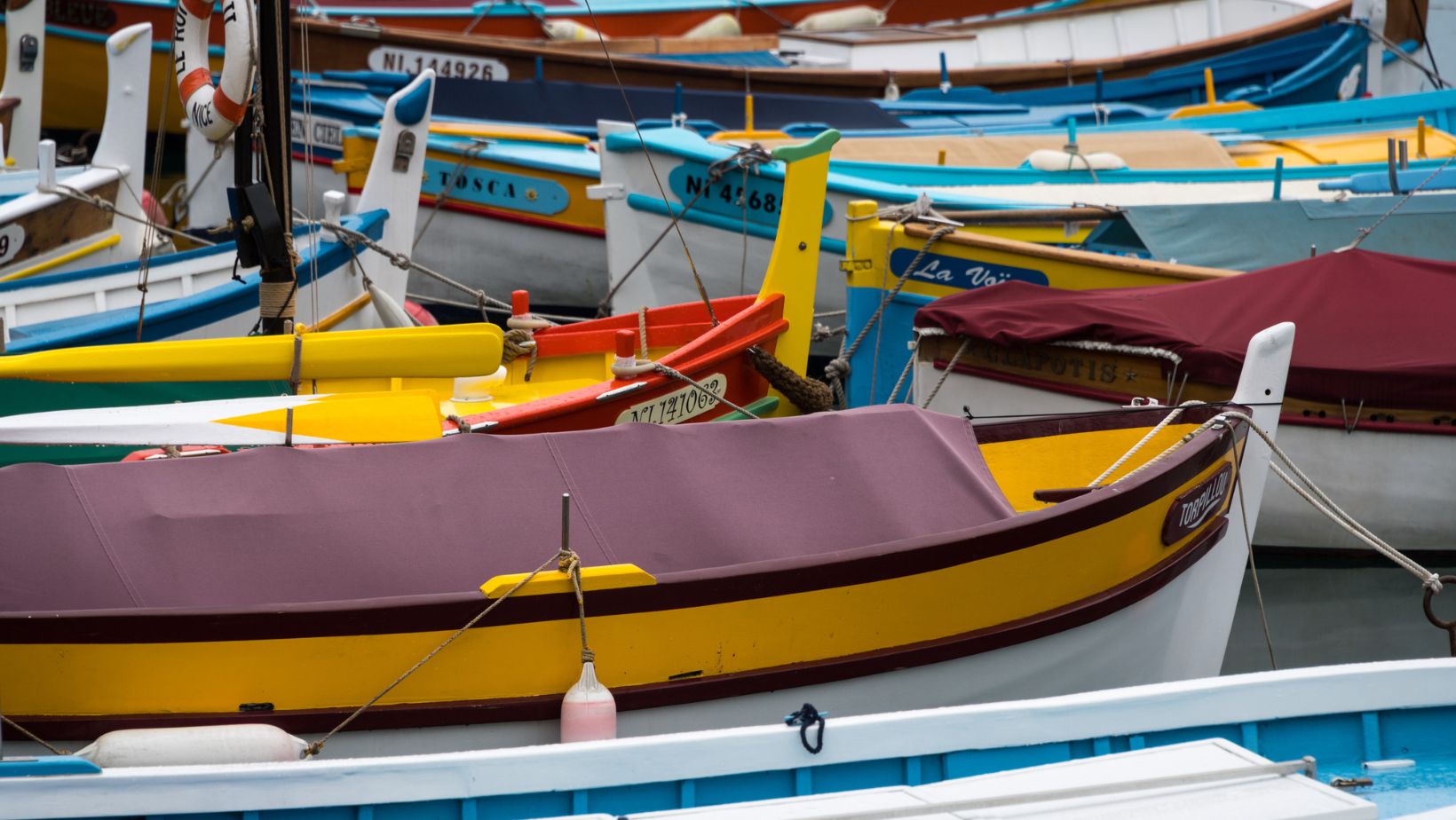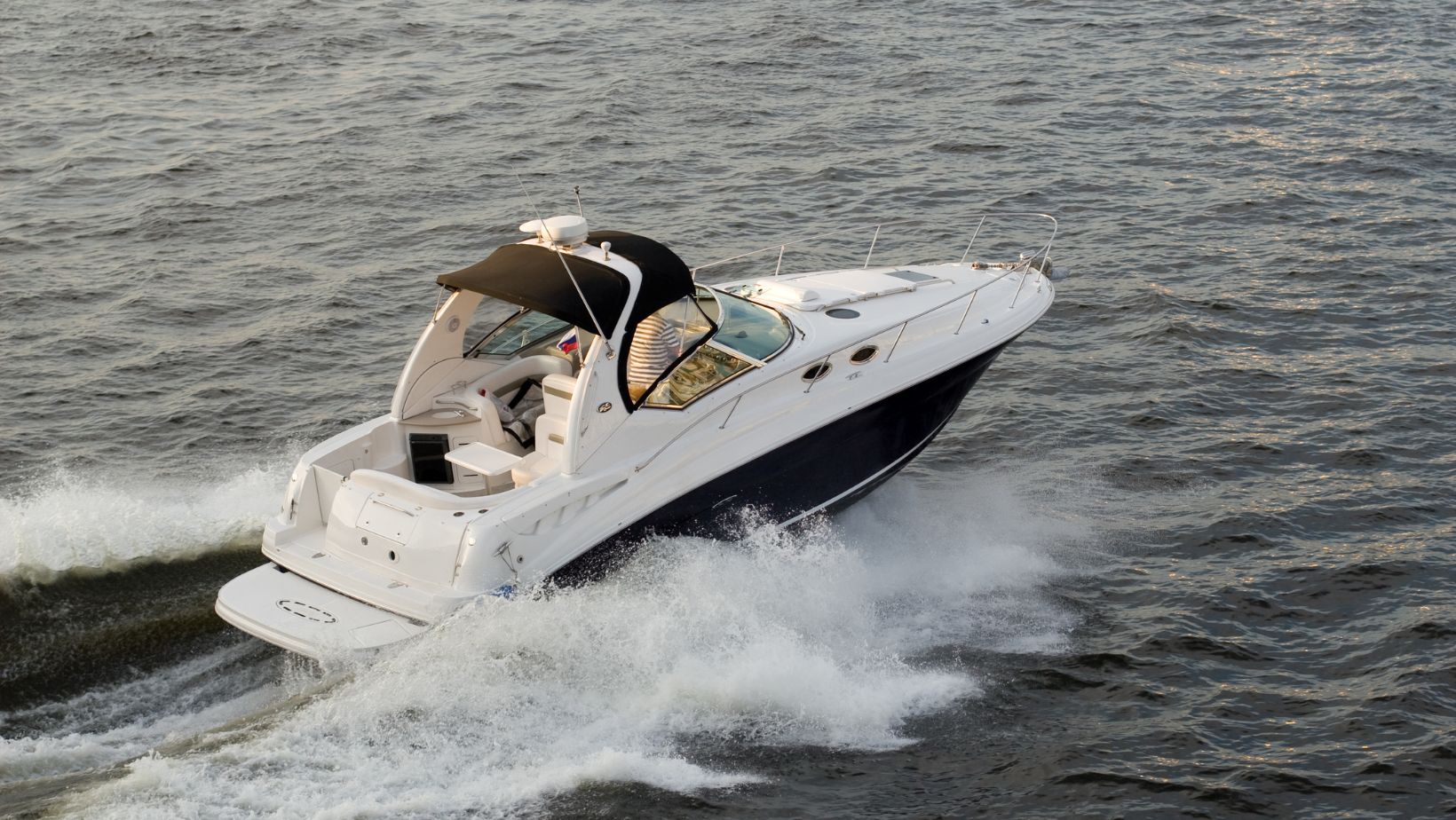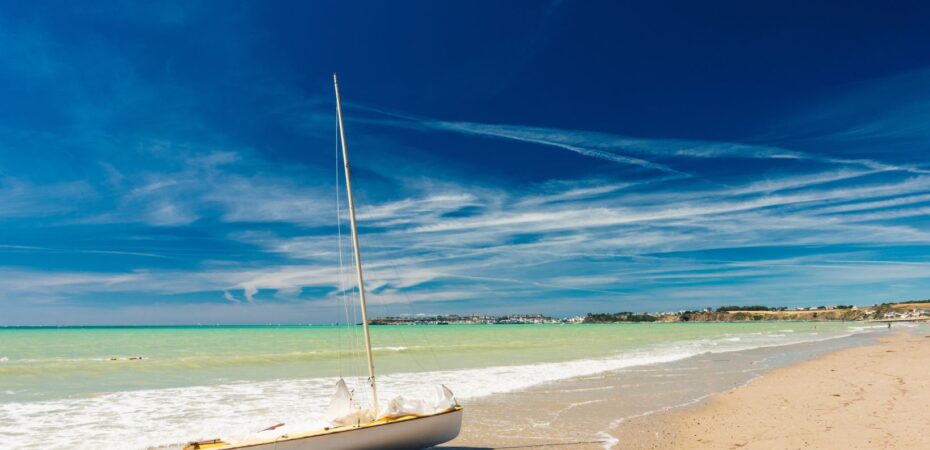Navigating the open seas requires the right gear, and one essential piece of equipment is the boat stabilizer. It minimizes your vessel’s rocking motion, ensuring smoother and safer travels. However, with the vast array of types on the market, it’s crucial to choose the right one for your needs.
If you’re shopping around and unsure about your options, here are some of the factors you should consider:
Size of the Boat
A fundamental aspect to consider when looking for boat stabilizers, like the Seakeeper Ride 525 for sale, is your boat’s size. It influences the kind of stabilizer you’ll need in several ways. For example, your boat’s length plays an essential role in determining how big or small your stabilizer is. Generally, the longer your boat, the larger the stabilizer needed.
Furthermore, the width or beam of the boat can also guide you when selecting the right stabilizer’s size. Although wider boats tend to be more stable, they may still require a sizable stabilizer to counter rolling motions.
Other considerations may include the following:
- Boat Weight: Heavier boats typically demand a more powerful stabilizer. So, an estimation of your vessel’s weight is vital during the search for a stabilizer.
- Boat Design: The boat’s design also matters. For instance, deep-V hulls necessitate distinct stabilizers compared to their flat-bottom or round-bottom counterparts.
- Number Of Hulls: Whether your boat is a monohull or multihull (like a catamaran or trimaran), it’ll also influence the type and size of stabilizer you’ll require.
Sizeable and heavy boats need sturdy stabilizers to keep them steady, while smaller and lighter boats need less powerful stabilizers. Therefore, when upgrading your boat, considering all of its dimensions—length, width, weight, design, and number of hulls–will ensure you choose the most effective stabilizer for your needs.
Type of Boating
Are you a leisure sailor, a speed enthusiast, or do you take your boat out for fishing? The type of boating impacts the kind of stabilizer you require.
For instance, high-speed boaters need a stabilizer that can handle rapid movements and sudden shifts in direction. Wake surf boat owners, in particular, benefit from stabilizers that help maintain optimal wave conditions while ensuring smooth handling. Conversely, if you’re fishing, a stabilizer that can maintain a steady position, even amidst choppy waters, is desirable.
Boating Area
The waters you sail may help you select the right stabilizer. Here are some pivotal considerations:

- Ocean Or Sea: If you primarily sail in the ocean or sea, you’ll encounter open waters and potentially rough conditions. In such scenarios, a robust stabilizer is an excellent choice as it can handle these challenging conditions, offering stability even with large waves and strong currents.
- Inland Waters: Boating on a lake, river, or canal typically involves calmer waters, although there may still be some turbulence from wind, currents, or other watercraft. Hence, a stabilizer that focuses on reducing minor vibrations and ensuring a smooth ride, rather than withstanding heavy seas, may be ideal.
- Seasonal Changes: The boating area’s seasonal changes are also essential. In regions with calm waters during one season and turbulent waters in another, a stabilizer capable of handling varied conditions is beneficial.
Researching the typical conditions in your boating area before making a purchase is crucial. By knowing the challenges you’re likely to face, you can select a boat stabilizer that ensures smooth and safe boating experiences.
Ease of Installation and Maintenance
The best stabilizer should be easy to install and maintain. Some models might need professional installation, while others are manageable by a savvy boat owner.
Similarly, many stabilizers require regular maintenance, adding to the overall cost. Selecting a stabilizer compatible with your skills and maintenance preferences is essential.
Price
The price of boat stabilizers varies widely, depending on the type, brand, and specifications. It’s crucial to set a budget before you start shopping. Factor in both the upfront cost and any recurring maintenance expenses.

While the cheapest option might be attractive, remember that quality usually has a cost. Examining the price-performance ratio helps secure value for money.
In addition, watch out for deals and discounts to enjoy savings, but never compromise on quality for a lower price. When you understand the various costs associated with a boat stabilizer, you’ll be able to make a more informed decision.
Manufacturer’s Reputation
Never underestimate the manufacturer’s reputation when selecting a boat stabilizer. Trustworthy and reliable manufacturers typically produce high-quality products that stand the test of time. They value customer satisfaction and often provide excellent after-sales service.
Here’s a more in-depth look at why this factor matters and what to consider:
- Quality Of Products: Reputable manufacturers often produce top-quality goods. They use superior materials and employ advanced technology to ensure their stabilizers perform well and last long. Always check the quality of products a manufacturer is known for.
- After-Sales Services: These include services provided after the purchase, such as installation assistance, maintenance, and repairs. Manufacturers with a reputation for excellent after-sales services can save you a lot of trouble in the long run.
- Years In Business: A manufacturer’s time in business can attest to their reliability. Long-standing companies have weathered the ups and downs of the market, indicating resilience and a solid customer base.
- Certifications: Certifications from relevant bodies in the boating industry also vouch for a manufacturer’s reputation. These attest to the company’s compliance with set standards and regulations, guaranteeing that their products are safe and reliable.
Remember, a strong reputation is built over time and consistent performance. Opting for a stabilizer from a reputable manufacturer gives you a better chance of securing a reliable, efficient, and durable product.
Warranty
A good warranty not only offers peace of mind but also showcases the manufacturer’s confidence in their product, serving as a safety net if things go wrong. When considering different stabilizers, compare their warranty terms. It’s usually better to choose a product with an extended and comprehensive warranty.
Conclusion
Selecting the ideal boat stabilizer requires careful consideration of several factors. These include the boat’s size, type of boating, area of navigation, ease of installation, cost, reputation of the manufacturer, and warranty terms. By meticulously considering these elements, you’ll be able to find the perfect stabilizer suitable for your boating needs.


 By
By 










